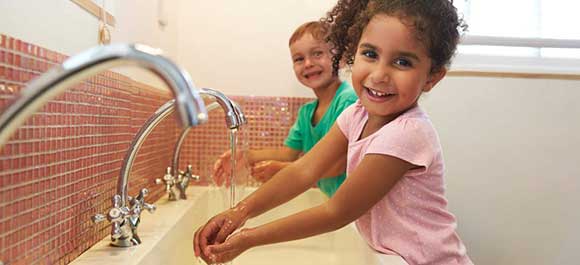
Ways to Protect Children from the Coronavirus

Initially reported on December 31, 2019, in Wuhan City, Hubei Province, China, the coronavirus has since been seen in approximately 50 other countries, with the first case reported in our country on March 11, 2020. So far, it has been stated that the virus generally affects older individuals and has not led to the death of any individual under the age of 9. However, this does not indicate that these children are exempt from infection. The Centers for Disease Control and Prevention have reported that the majority of cases occur in adults, but children can also be infected. Therefore, parents are understandably concerned about developments regarding their children and want to be informed about ways to protect children from the coronavirus.
Data to date shows that the most at-risk and vulnerable individuals to the coronavirus are older adults and those with chronic illnesses. The disease tends to be milder in healthy young individuals, but it can be more severe in those over 60 years old and in individuals with health issues such as diabetes, cancer, and lung disease, potentially leading to death.
What is the Corona (Coronavirus)?
The coronavirus, also known as the Wuhan virus, is a large group of viruses that are common among animals but can occasionally be transmitted to humans in rare cases.
This broad family of viruses has many types that have been identified in animals but have not been transmitted to humans. The subtypes that can infect humans typically cause the common cold, but in some cases, they can lead to serious health issues such as severe acute respiratory syndrome.
As of January 7, 2020, a new type of coronavirus that had not been previously seen in humans and the disease it causes has been identified as 2019-nCoV. This disease was later accepted to be named COVID-19.
What are the Symptoms of the Coronavirus?
The main symptoms of the Corona / Covid-19 virus are as follows:
- Runny nose
- Sore throat
- Cough
- Headache (Possible)
- Fever lasting a few days
When it comes to the coronavirus, it is recommended to pay attention to all types of respiratory illness symptoms. The incubation period of the disease is thought to range from 2 to 14 days. Symptoms typically appear 2 days after a person becomes infected, but this period can sometimes extend up to 14 days.
Is the Coronavirus a Deadly Virus?
The death rate from the coronavirus has been reported to be 2 percent. Ninety-eight percent of people infected with this virus can be treated. Experts expect the death rate to be even lower. We hope that this is indeed the case.
How Does the New Coronavirus Spread?
The new coronavirus, referred to as Covid-19, generally spreads through contact with the bodily secretions of an infected person. The droplets released into the air when sick individuals cough or sneeze can also infect healthy individuals. Additionally, the virus can spread through contact with surfaces and objects where the virus is present, and then transferring it to the mouth and nose mucosa, as well as through handshakes.
What are the Ways to Protect Children from the Coronavirus?
The coronavirus has not yet been observed in individuals under the age of 9. The main risk group consists of older individuals and those with chronic illnesses. However, children and young people can also be infected with the coronavirus. Therefore, parents are concerned for their children as well. To protect against the coronavirus, the following points should be considered:
- Be extremely diligent about hand hygiene. Wash your hands frequently throughout the day with soap and water for at least 20 seconds. Clean your hands before and after cooking, before and after using the toilet, when using public transport, and in any situation you deem necessary. If washing is not possible, use an alcohol-based disinfectant.
- Avoid close contact with individuals showing symptoms of cough, cold, or fever. Hugging or kissing infected individuals, or being exposed to droplets released into the air from coughing or sneezing, can lead to the virus reaching the mouth, nose, or eye mucosa of healthy individuals. Ensure there is at least a 3-4 step distance between you and such individuals.
- Avoid crowded and enclosed spaces as much as possible.
- After being in crowded environments, do not touch your mouth, eyes, or nose before thoroughly cleaning your hands.
- Frequently clean and disinfect commonly used items and surfaces, such as door handles and keyboards.
- Cover your mouth with a disposable tissue when coughing or sneezing. Then dispose of the tissue and wash your hands. If you do not have a tissue, cover your mouth with the inside of your elbow.
- Frequently ventilate closed areas in your home and workplace.
- Strengthen your immune system by eating a healthy and balanced diet and ensuring adequate sleep.
Inform Your Child About Hand Hygiene
When it comes to ways to protect children from the coronavirus, the first thing that comes to mind is the proper cleaning of hands. When you visit a hospital, you will see many posters about hand hygiene displayed in various places. This is an important and effective preventive measure not only for the coronavirus but for all diseases.
Teach your children, who are old enough to understand, how to properly clean their hands. Demonstrating this practically will be more effective. Also, be sure to serve as a good role model in this regard.
Carefully Monitor Your Child's Nutrition and General Health
As parents, you always pay attention to your child's proper nutrition and health. However, during such critical times, it is necessary to be more vigilant than ever. You must ensure that your child is eating a balanced diet and getting enough sleep. This way, their body will be more resilient against diseases. If you observe cold symptoms in your child, do not panic, but consult your doctor without delay. Follow the treatment recommended by your doctor meticulously. You may also consider not sending your sick child to daycare or school for a while, based on your doctor's advice.
Teach your child what to do during and after sneezing and coughing. Explain to them in which situations they must wash their hands.
How is the Coronavirus Treated?
Currently, no effective treatment or vaccine has been developed for coronavirus treatment. Therefore, treatment for the disease is based on the progression of symptoms. Medications such as fever reducers, pain relievers, and cough suppressants are recommended to alleviate symptoms, and respiratory and fluid support is provided if necessary.
Scientists continue to work on developing a vaccine against the coronavirus. The vaccine is planned to be tested on humans by the end of 2020.
Your Caregiver Should Also Be Careful to Protect Your Child from the Coronavirus
Families looking for a babysitter should ensure that the caregiver they hire is knowledgeable and careful about hygiene and balanced nutrition. These points are always important, but they are even more critical during this period when the coronavirus continues to be seen in different parts of the world. When choosing a babysitter or child caregiver, be sure to inquire about these issues. Ensure that the caregiver candidates you interview or your current caregiver is aware of and knowledgeable about hygiene and health.
After entering your home, your caregiver must wash their hands and do so whenever necessary throughout the day. You can also ask them to educate your child about this. They should take the necessary precautions to prevent your child from getting germs when they go out or play outside. They should know how to protect themselves and the child they are caring for from infection.
Child Health and Safety Other Content in the Category
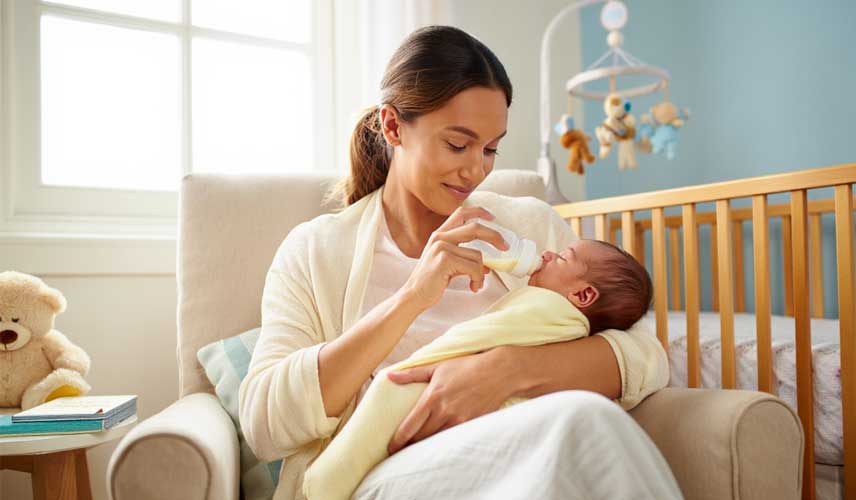
Child Health and Safety
Newborn Care
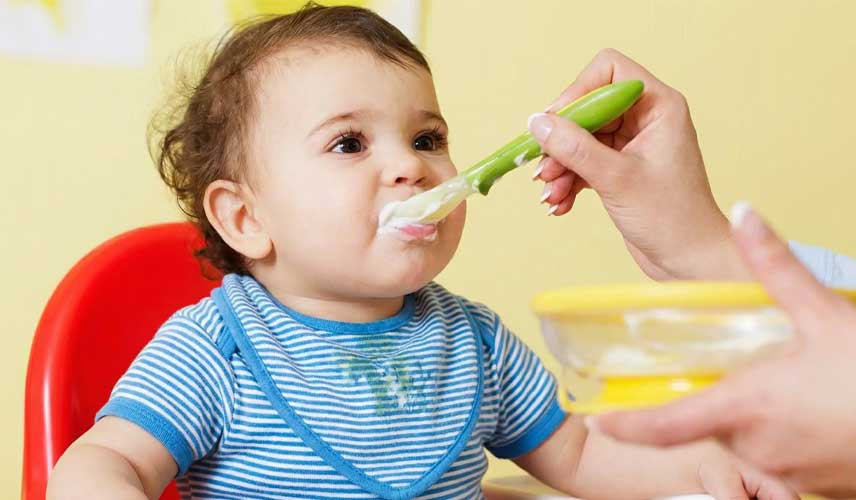
Child Health and Safety
My Baby Refuses to Eat Solid Food

Child Health and Safety
Ways to Protect Children from the Coronavirus
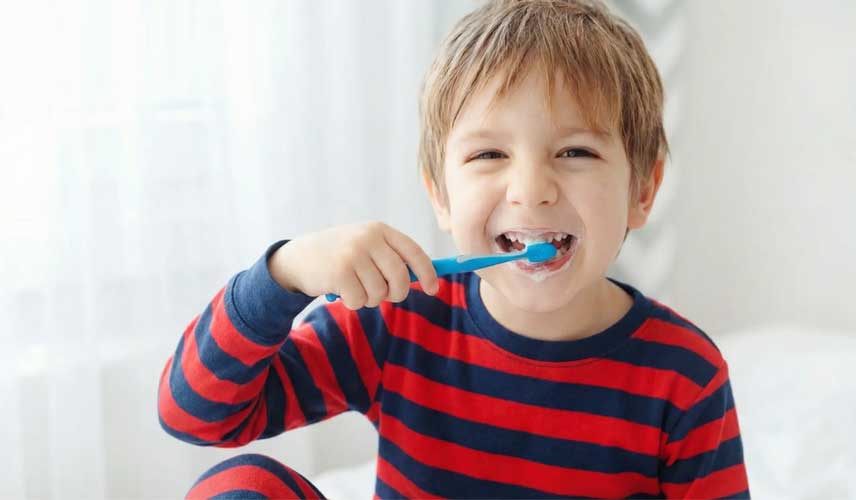
Child Health and Safety
What to Do to Instill Brushing Habits in Children
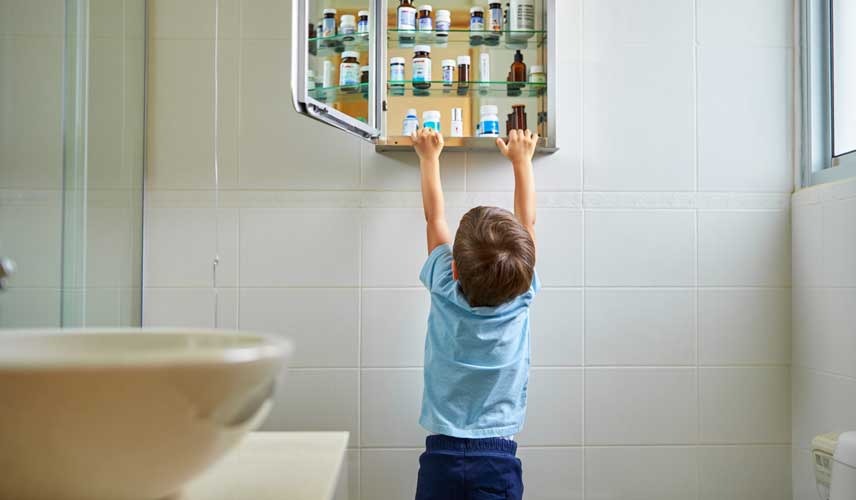
Child Health and Safety
Child Safety: Medications Should Be Stored Out of Reach of Children
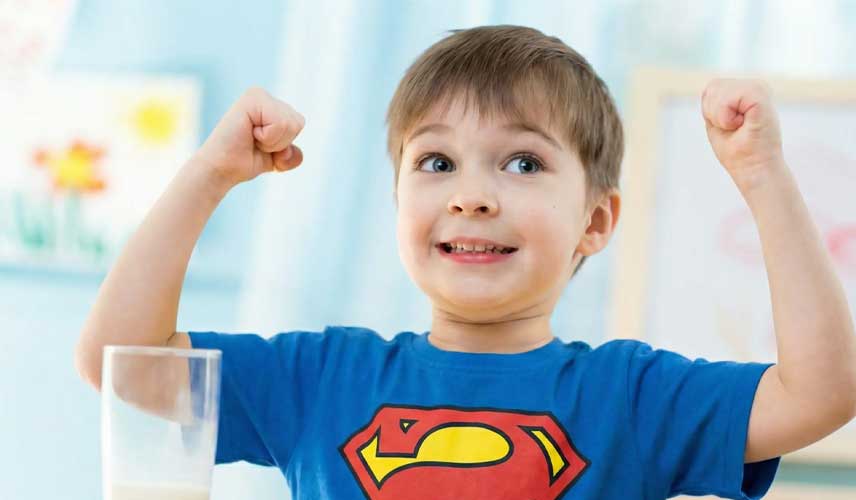
Child Health and Safety
10 Effective Tips for Child Health
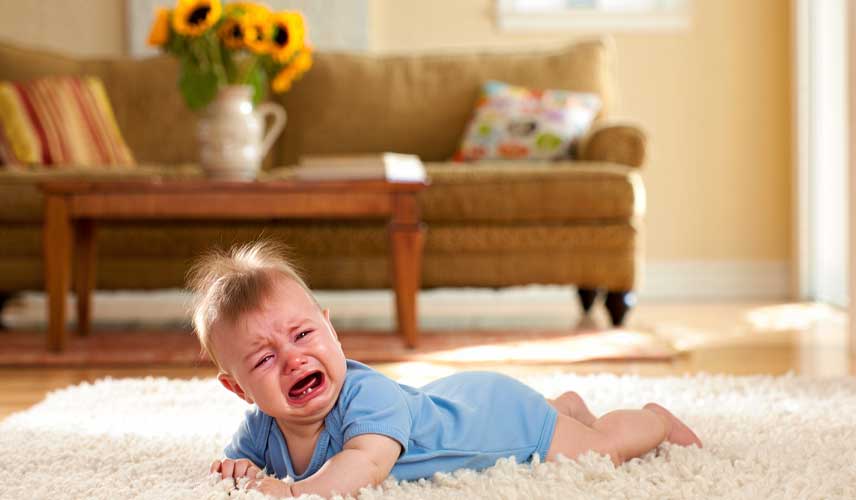
Child Health and Safety
8 Factors That Cause Babies to Cry
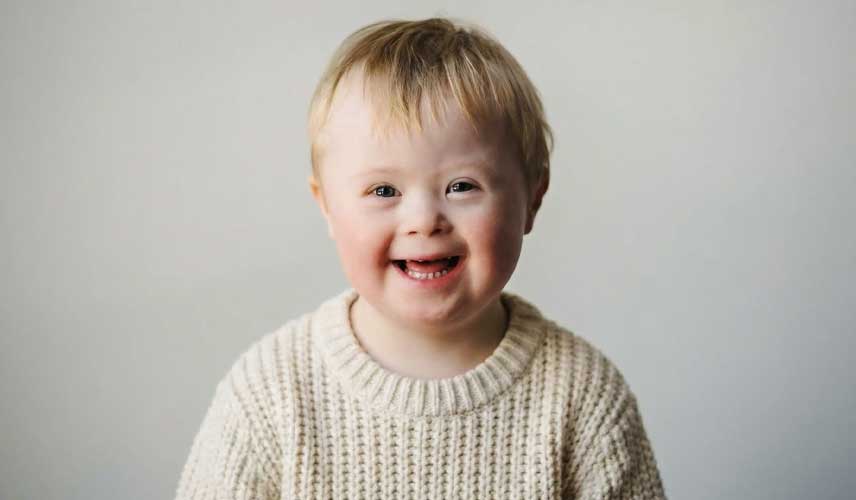
Child Health and Safety
Down Syndrome Diagnosis Methods
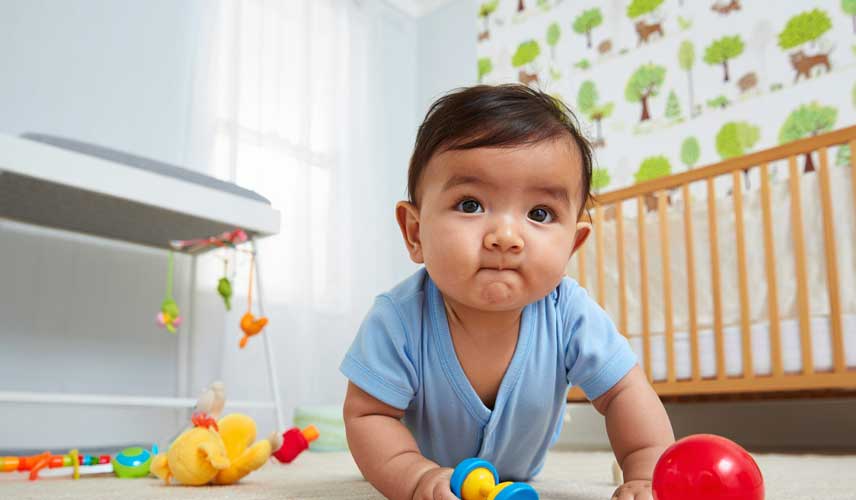
Child Health and Safety
When Do Babies Crawl
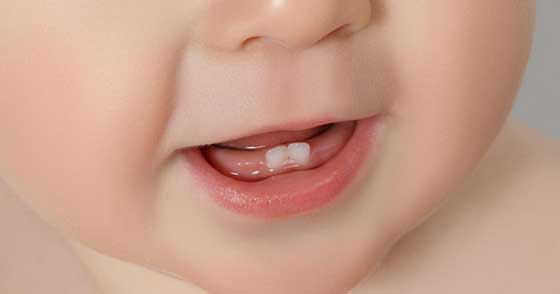
Child Health and Safety
Information About Teething Period in Babies
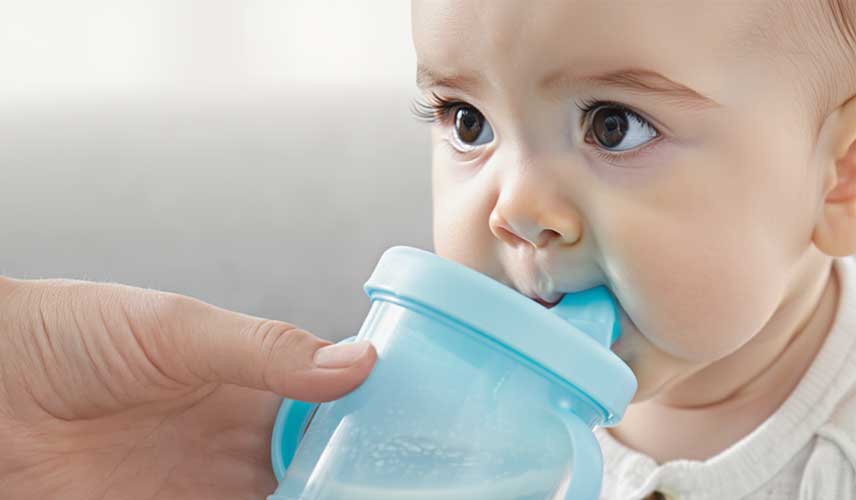
Child Health and Safety
How Much Water Should Babies Drink?
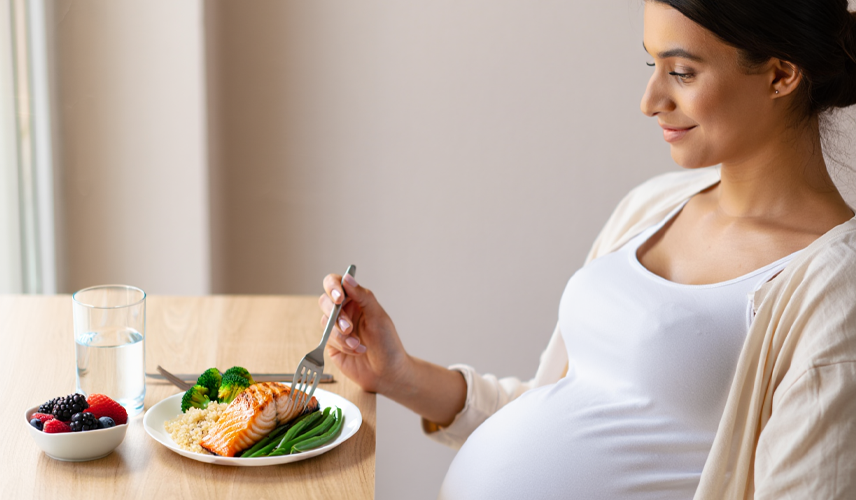
Child Health and Safety
10 Things to Do for a Healthy Pregnancy
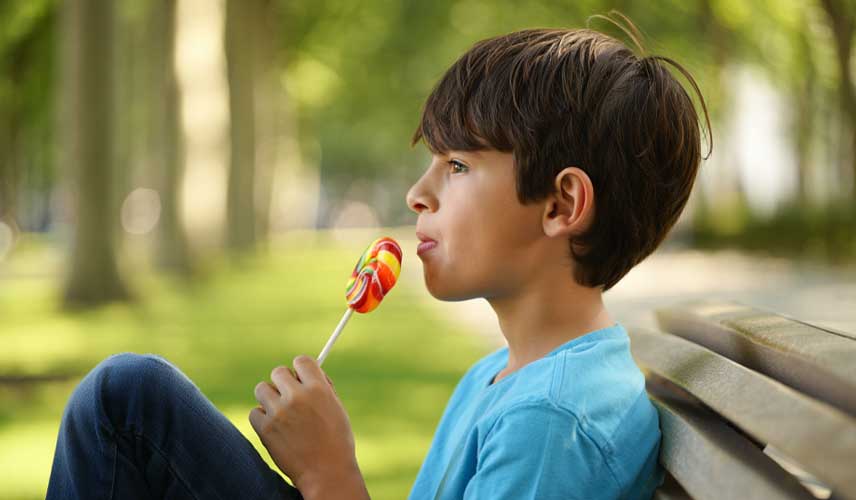
Child Health and Safety
10 Ways to Prevent Sugar Consumption in Children

Child Health and Safety
Frequently Asked Questions About Cancer and Chemotherapy
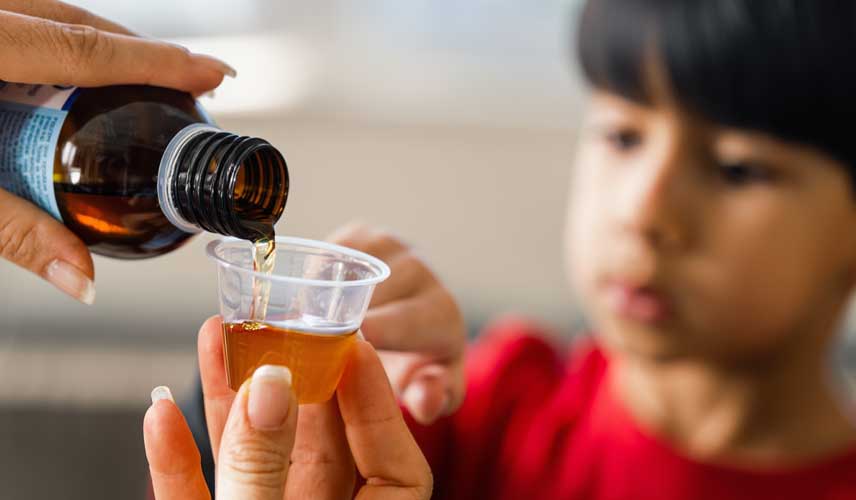
Child Health and Safety
